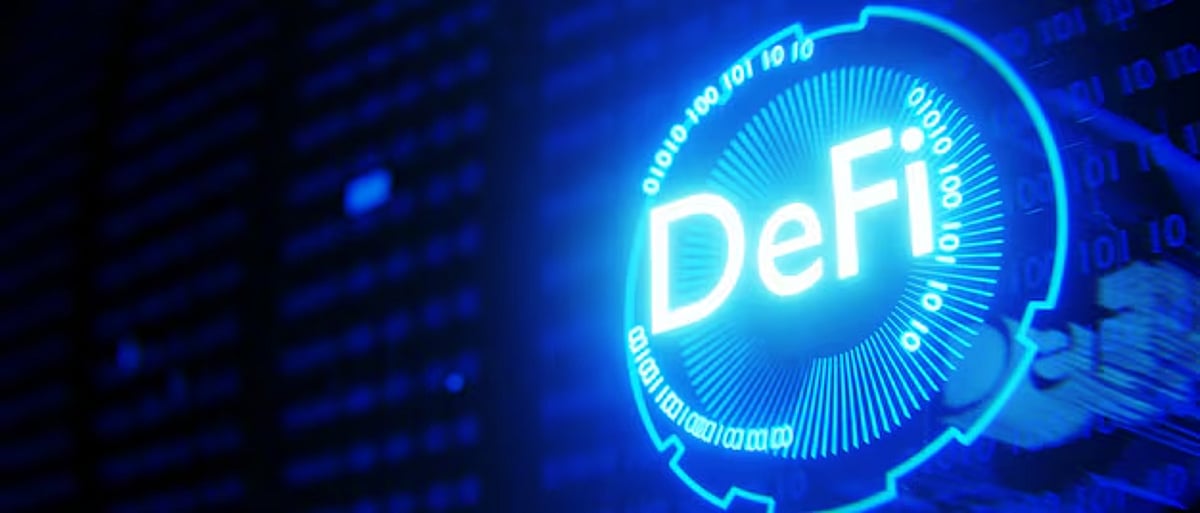DeFi Revolution: How Decentralized Finance is Reshaping Lending & Borrowing in the Philippines

The Rise of DeFi: A New Era for Filipino Finances
The world of finance is undergoing a seismic shift, and the Philippines is poised to be significantly impacted. At the heart of this change is Decentralized Finance, or DeFi. But what exactly *is* DeFi, and how is it transforming the way we lend, borrow, and manage our money?
Simply put, DeFi leverages blockchain technology – the same technology that powers cryptocurrencies like Bitcoin – to provide financial services without the need for traditional intermediaries like banks, brokers, or centralized exchanges. Think of it as a financial system built on trustless code, accessible to anyone with an internet connection. This represents a fundamental shift in the power dynamic of finance, moving it away from centralized institutions and placing it directly in the hands of users.
Why is DeFi Gaining Traction in the Philippines?
For Filipinos, DeFi offers a compelling alternative to traditional financial systems. Many face challenges accessing banking services, particularly those in rural areas or those who are unbanked. DeFi provides a potential solution, offering:
- Increased Accessibility: Anyone with a smartphone and internet access can participate, regardless of their location or credit history.
- Lower Costs: By eliminating intermediaries, DeFi can significantly reduce transaction fees and interest rates.
- Greater Transparency: Blockchain technology provides a publicly auditable record of all transactions, promoting trust and accountability.
- Innovative Financial Products: DeFi is fostering the creation of new and exciting financial products, such as yield farming and decentralized lending platforms.
How Does DeFi Work?
DeFi applications are built on top of existing blockchain networks, primarily Ethereum. Here's a simplified look at how decentralized lending and borrowing works:
- Lending Pools: Users deposit their cryptocurrency into lending pools, earning interest on their deposits.
- Borrowing: Other users can borrow cryptocurrency from these pools by providing collateral (usually another cryptocurrency).
- Smart Contracts: All transactions are governed by smart contracts – self-executing agreements written in code. These contracts automatically enforce the terms of the loan, ensuring that borrowers repay their loans and lenders receive their interest.
The Risks and Challenges
While DeFi offers tremendous potential, it's important to be aware of the risks:
- Smart Contract Vulnerabilities: Bugs in smart contracts can be exploited by hackers, leading to loss of funds.
- Volatility: Cryptocurrency prices are highly volatile, which can impact the value of collateral and loans.
- Regulatory Uncertainty: The regulatory landscape surrounding DeFi is still evolving, creating uncertainty for users and developers.
Looking Ahead: DeFi's Future in the Philippines
Despite the challenges, DeFi is poised to play an increasingly important role in the Philippine financial landscape. As the technology matures and regulations become clearer, we can expect to see greater adoption and innovation in the DeFi space. Filipinos are increasingly embracing digital finance, and DeFi offers a powerful tool for building a more inclusive and accessible financial future. It's crucial to educate yourself, understand the risks, and proceed with caution, but the potential rewards are significant.






